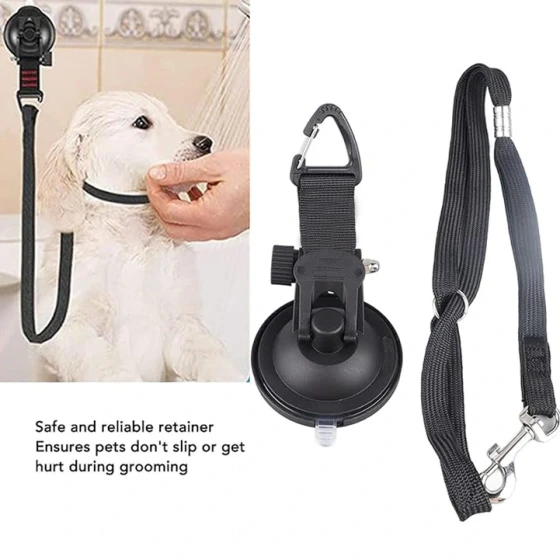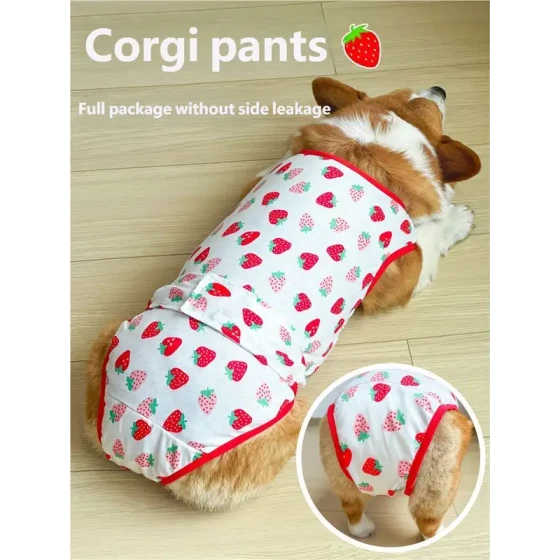Which Foods Should Be Fed to Dogs with Caution

Chocolate absolutely should not be fed to dogs
Gluttony is the nature of most dogs, and nowadays dogs have a better quality of life, so the variety of foods accessible to them is also increasing. However, not all foods are delicacies to dogs. Some things need to be carefully considered before feeding; otherwise, it may cause serious mistakes. Owners need to pay close attention to this as well. Knowing which foods can be fed and which cannot is a compulsory lesson every owner should master.
1. Chocolate
This needs no further explanation. Even many people who do not have dogs know through common knowledge that dogs cannot eat chocolate. Chocolate contains theobromine, similar to caffeine. Most foods containing theobromine are toxic to dogs, especially to puppies.
2. Grapes
Many people often feed fruits to their dogs, but not all fruits are beneficial to dogs. Grapes are a fruit harmful to dogs' health. There have been multiple cases of dogs being poisoned by eating large amounts of grapes, so utmost caution is needed.
3. Onions
Onions contain a compound called propyl disulfide. When dogs eat onions, it can oxidize hemoglobin to form Heinz bodies. The reticuloendothelial system then phagocytizes the red blood cells containing Heinz bodies, causing acute hemolytic anemia and damaging the bone marrow. Usually, a dog weighing 15-25 kg eating a medium-sized onion can develop severe anemia within 7-8 days. Within 1-2 days after ingestion, affected dogs may excrete red or dark red hemoglobin in their urine, along with vomiting, diarrhea, lethargy, palpitations, and spleen enlargement. Long-term feeding of small amounts can cause chronic poisoning, showing jaundice and anemia. Mild onion poisoning in dogs can recover naturally by stopping onion feeding. For severe hemolysis, glucose and Ringer's solution should be administered, along with subcutaneous injections of cardiac stimulants like Digoxin, diuretics (Furosemide), and blood transfusions if necessary.

Salt should neither be too much nor too little
4. Salt
We should indeed feed dogs a little food containing salt because moderate salt intake benefits dogs' health. However, the amount must be controlled carefully. Excess salt poses significant health risks and adversely affects the dog's skin.
5. Chicken bones or other small bones
We think dogs eating bones is very natural, but actually it is not. These bones are difficult to digest and can easily get stuck in the dog's throat, causing difficulty swallowing food and water. In severe cases, surgery may be necessary, so it is often not worth the risk.
6. Yeast
Yeast expands in warm and moist environments. If a dog eats yeast, it may expand inside its stomach, cutting off blood flow and causing breathing difficulties.

Do not feed dogs the milk we drink
7. Raw eggs
We think raw eggs contain better nutrients, so some owners feed raw eggs to dogs. However, raw eggs may cause salmonella poisoning in dogs, so do not feed your dog raw eggs.
8. Milk
This usually occurs in puppies. Like humans, dogs may have lactose intolerance. Sudden feeding of milk that dogs are unaccustomed to can cause diarrhea. Therefore, it is generally not recommended to feed dogs the milk we drink.



